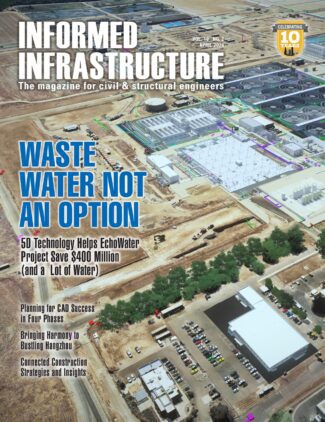COLORADO SPRINGS, Colo. “ The Space Foundation today voiced its strong support for two important commercial space regulatory milestones:
On July 29, the Federal Aviation Administration’s Office of Commercial Space Transportation (OCST) issued a license to Virgin Galactic for its SpaceShipTwo suborbital spaceplane, enabling the company to resume flight tests, from Mojave Air & Space Port, Calif., leading toward commercial suborbital space flights.
Today, it was announced that the U.S. Government has cleared the way for California-based Moon Express to send a spacecraft beyond Earth orbit, to land on the moon, in 2017. To date, no commercial company has conducted a mission beyond Earth orbit. This has long been solely the territory of government space programs.
While the licensing of SpaceShipTwo was an anticipated event, the authorization of the Moon Express flight to the lunar surface was hailed by the Space Foundation as a significant commercial space breakthrough. This breakthrough U.S. policy decision provides authorization to Moon Express for a maiden flight of its robotic spacecraft to the Moon’s surface “ a step toward unlocking the immense potential of the Moon’s valuable resources.
A major milestone has been achieved here for commercial space activities, said Space Foundation Chief Executive Officer Elliot Pulham. We applaud Moon Express and the Federal Government for this historic ruling to allow private enterprise to travel beyond Earth’s orbit and more fully open a new era of commercial exploration and discovery. We are also delighted to see the doors opened for Virgin Galactic's return to flight.
Although there is legislation under consideration to enable the private sector at large to engage in deep space missions, remaining compliant with international obligations under the 1967 Outer Space Treaty (OST) continues to present challenges for commercial operators. This situation has drastically improved with Moon Express receiving the green light from the U.S. Government to travel beyond Earth’s orbit and land on the Moon in 2017. Approval came only following in-depth consultations with the FAA, the White House, the State Department, NASA and other federal agencies.
Space is a different kind of frontier now, said Pulham, and providing policy guidance and regulatory control of emerging space players is an important national obligation under the Outer Space Treaty. The administration is to be congratulated for providing pathways to success for U.S. commercial space companies, while also embracing international norms for the peaceful uses of outer space.
About the Space Foundation
Founded in 1983, the Space Foundation is the foremost advocate for all sectors of space, and is a global, nonprofit leader in space awareness activities, educational programs and major industry events, including the annual Space Symposium, in support of its mission “to advance space-related endeavors to inspire, enable and propel humanity.” Space Foundation World Headquarters in Colorado Springs, Colo., USA, has a public Discovery Center, including El Pomar Space Gallery, Northrop Grumman Science Center featuring Science On a Sphere® and the Lockheed Martin Space Education Center. The Space Foundation has a Washington, D.C., office and field representatives in Houston and the Florida Space Coast. It publishes The Space Report: The Authoritative Guide to Global Space Activity, and through its Space CertificationTM and Space Technology Hall of Fame® programs, recognizes space-based innovations that have been adapted to improve life on Earth. Visit www.SpaceFoundation.org, follow us on Facebook, Instagram, LinkedIn, Pinterest, Twitter, Google+, Flickr and YouTube, and read our e-newsletter Space Watch.

